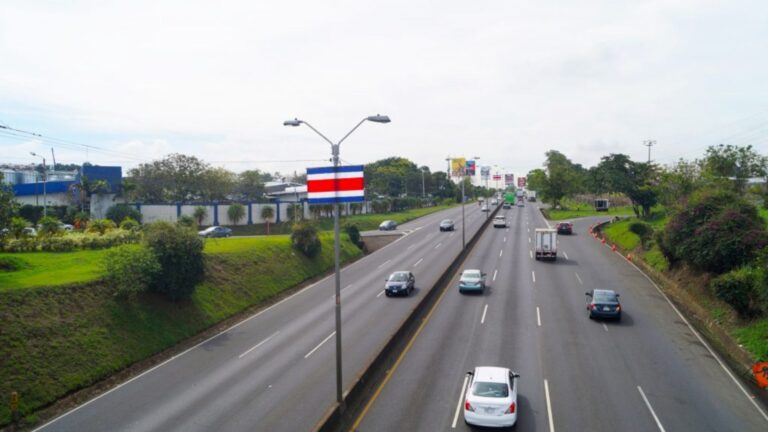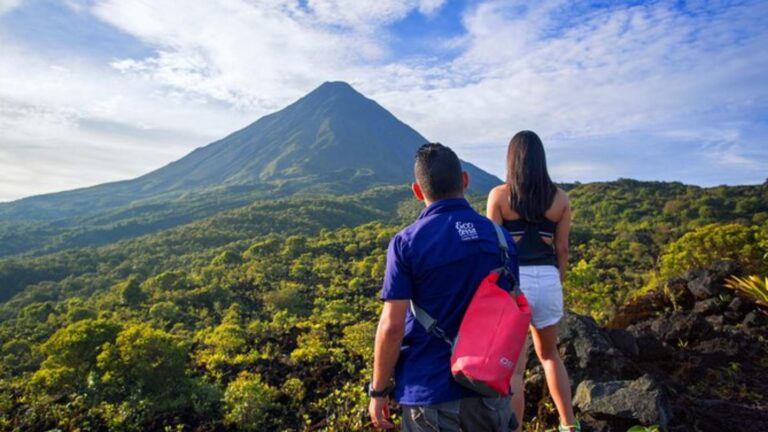A Mexican marine biologist was attacked by a shark approximately four meters long while conducting research in the waters of Isla del Coco, Costa Rica. The incident occurred over the weekend and required a complex rescue operation that lasted more than 36 hours, from the protected area to Hospital México in San José, where the scientist is now receiving specialized medical care.
According to initial reports, the attack took place under circumstances that are still under investigation. The researcher was immediately assisted by his colleagues and park rangers stationed on the island. He was then transported by boat to Puntarenas and from there by ambulance to the capital. He received continuous medical care during the transfer and underwent surgery upon arrival at the hospital. His condition is currently stable and under close observation.
The biologist was in Isla del Coco as part of a scientific expedition focused on studying marine biodiversity in this UNESCO World Heritage Site. Like many researchers who reach this remote island, his mission was to expand scientific knowledge and contribute to the conservation of one of the planet’s most valuable ecosystems.
The incident has highlighted both the importance and the risks of research in extreme natural environments. The island’s distance from the mainland, challenging maritime conditions, and the presence of large predators such as sharks make every scientific expedition a logistical and safety challenge. The emergency also underlined the need for strong protocols and resources to ensure the safety of those working to protect biodiversity.
Costa Rican institutions and citizens have expressed their solidarity with the scientist and his family, as well as their recognition of the efforts of firefighters, coast guards, and medical personnel who participated in the rescue. The case also opens a broader reflection on Costa Rica’s responsibility to provide adequate support and safe conditions for both national and international researchers who contribute to the knowledge and preservation of natural resources.
For now, attention remains focused on the biologist’s recovery and the monitoring of his medical progress. The event is a reminder of the courage and commitment of those who dedicate their lives to science, while also calling for stronger measures to ensure the safety of those who risk everything in the name of conservation.


















